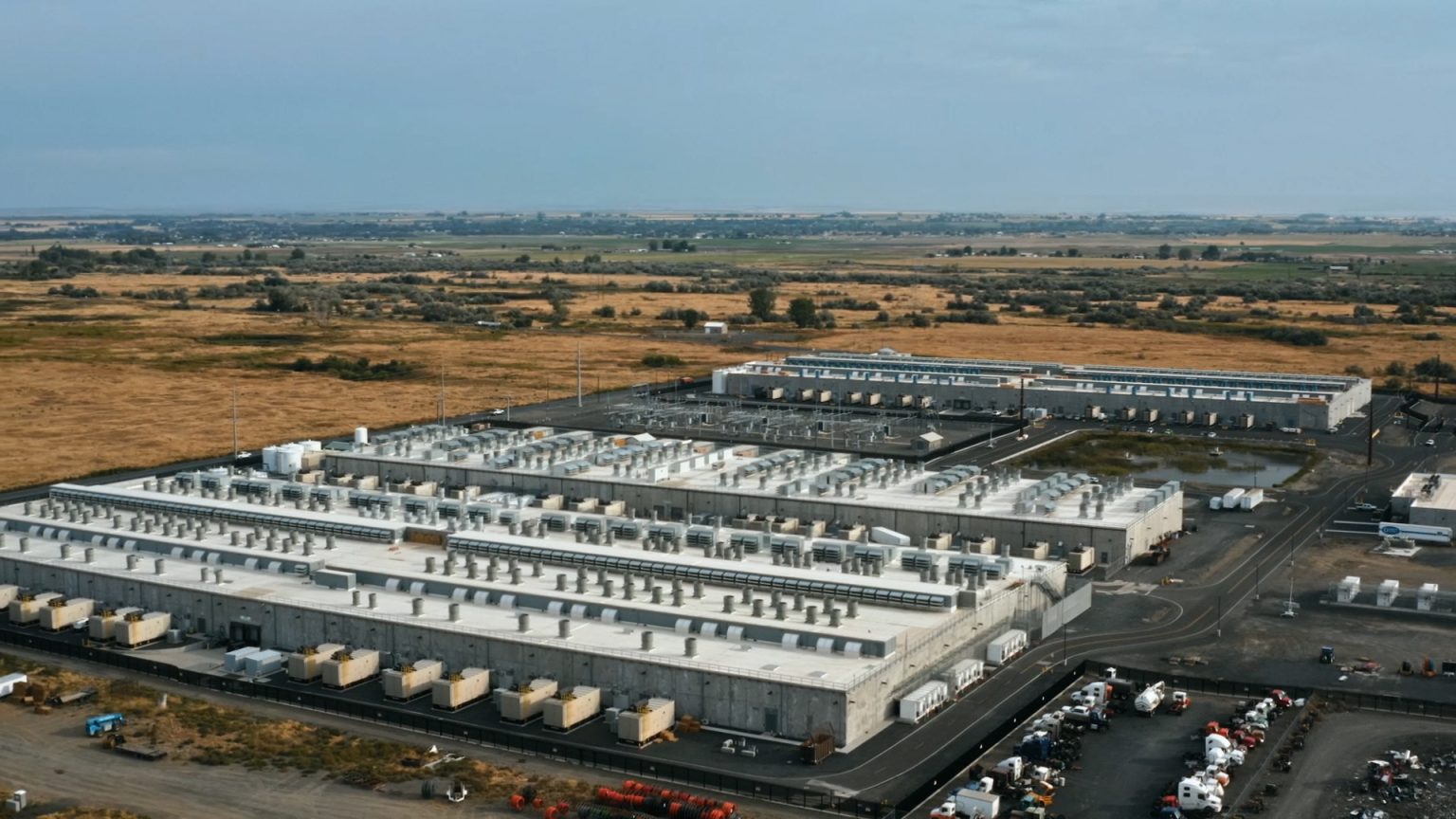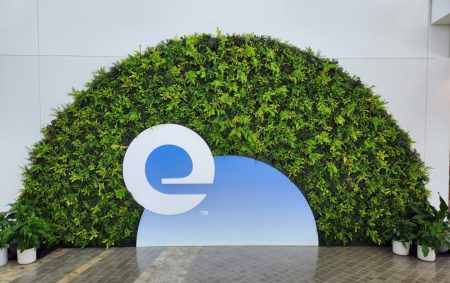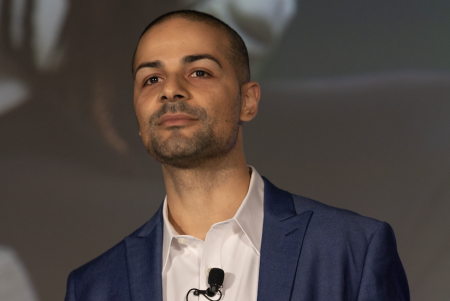The rapid expansion of artificial intelligence and the data centers that power it presents a significant challenge: meeting the escalating energy demands of these facilities while simultaneously mitigating their environmental impact. Data center energy consumption is projected to surge in the coming years, potentially consuming up to 12% of the total U.S. power supply by 2030. This necessitates a multi-pronged approach from tech giants like Microsoft and Amazon to ensure a sustainable and reliable power supply for their operations. These companies are actively pursuing innovative strategies to decarbonize their data centers and pave the way for a greener future for AI.
One key strategy involves embracing nuclear power, both through existing fission reactors and the nascent technology of small modular reactors (SMRs). Microsoft has taken the bold step of restarting a reactor at the historic Three Mile Island site, while Amazon is pursuing agreements to purchase power from nuclear plants and invest in the development of SMRs in Washington and Virginia. These initiatives, despite facing regulatory hurdles, demonstrate a commitment to exploring the potential of nuclear energy as a reliable and carbon-free power source for data centers. While fission provides a more immediate solution, fusion remains a long-term prospect with immense potential.
Beyond fission, the promise of nuclear fusion also holds significant appeal. While still in its developmental stages, fusion offers a virtually limitless and inherently safer source of energy. Microsoft’s partnership with Helion Energy to build a fusion plant in Washington by 2028 exemplifies this forward-looking approach. Other investments in fusion startups by industry leaders like Sam Altman and Jeff Bezos underscore the growing recognition of fusion’s potential to revolutionize the energy landscape, particularly for power-intensive applications like AI. Altman’s statement linking the future of AI to advancements in clean energy further reinforces the criticality of this endeavor.
Collaborative efforts are also playing a crucial role in accelerating the deployment of clean energy solutions. Microsoft, Google, and Nucor have joined forces to support first-of-a-kind projects in areas such as advanced nuclear, geothermal, hydrogen, and energy storage. These partnerships leverage the collective resources and expertise of these industry giants to accelerate the development and adoption of innovative clean energy technologies. Amazon’s involvement in a separate collaboration with these companies focuses on reducing the long-term costs of clean energy investments, further emphasizing the importance of economic viability in driving sustainable practices. These collaborative initiatives underscore the understanding that a joint effort is necessary to address the complex challenges of transitioning to a cleaner energy future.
While wind and solar remain foundational elements of their renewable energy strategies, tech companies are increasingly exploring other emerging clean energy sources. Google is leading the charge in geothermal energy, while Microsoft is exploring geothermal for both data centers and its headquarters. Battery storage is also gaining traction, with Amazon and Microsoft deploying these systems to enhance grid stability and optimize renewable energy utilization. Hydrogen is another promising avenue, with Amazon using it for limited applications and Microsoft successfully demonstrating its use in data center generators. The pursuit of these diversified energy sources highlights a commitment to exploring all viable options for powering data centers sustainably.
Finally, optimizing energy efficiency within data centers is paramount. Both Amazon and Microsoft are investing heavily in the development of more energy-efficient AI chips and data center designs. These innovations range from customized hardware to optimized cooling systems, reducing the overall energy footprint of their operations. These internal efforts, coupled with the external pursuit of clean energy sources, demonstrate a holistic approach to sustainability. The focus on efficiency not only minimizes environmental impact but also improves cost-effectiveness, further incentivizing these innovations.
In conclusion, the escalating energy demands of AI and data centers pose a formidable challenge but also drive innovation in clean energy solutions. The strategies employed by Microsoft and Amazon, from exploring nuclear power and fusion to forging partnerships and optimizing efficiency, represent a comprehensive approach to decarbonizing their operations. These initiatives not only address pressing environmental concerns but also position these companies as leaders in the pursuit of a sustainable future for the burgeoning field of artificial intelligence. The ongoing development and implementation of these strategies will be crucial in ensuring that the growth of AI can be sustained without compromising the planet’s future.















